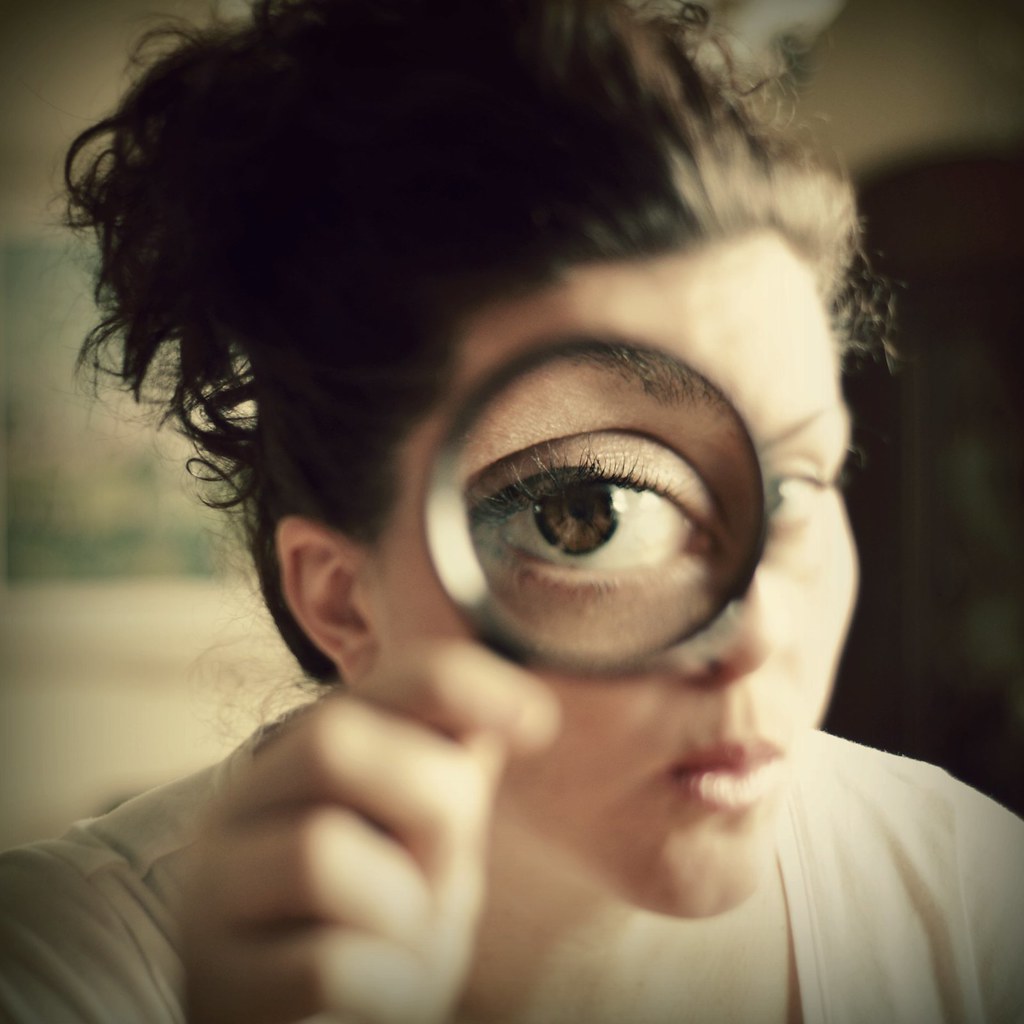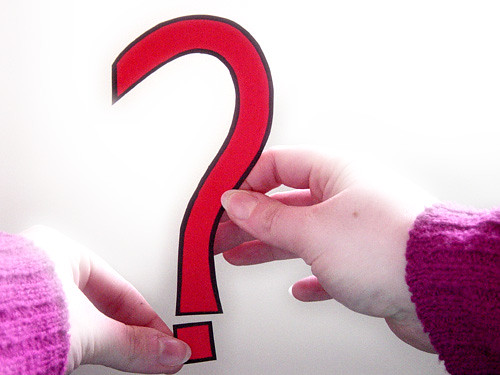You may be asking yourself, “How do I find a California therapist or helping professional who can actually help me?” It’s an important question. After all, what have you lost if you to choose the wrong therapist? How much time will you waste that could have been spent making progress? Fortunately, a brief conversation before you and your prospective therapist meet, and then some careful observations once you select one, can help you feel confident with your choice.
Before You Meet
Speak with your helping professional or their office before you schedule an appointment. Ask how much experience the therapist has working with people facing issues similar to yours (experience, for example, providing couples counseling if you’re a couple, seeing teens if you’re a teen (or parenting one), or working with children if you want therapy for your child). Your therapist should have had at least several years of experience working with people that are likely to face issues similar to yours.
If you briefly explain your situation and ask the therapist how they would proceed, they should make mention of conducting a thorough assessment to determine ALL the relevant social, environmental, and background factors. They should then talk about creating a treatment plan that will address the most critical issues identified during the assessment.
Next find out if the therapist has met the requirements for licensing. This can be done for a California counselor, therapist, or coach by visiting this California Board of Behavioral Sciences website. Literally anyone can go to a brief training (or sleep through it) and call themselves a coach or, in some states, even a counselor. By choosing a helping professional who has been licensed, you can be sure they have met all the requirements the state knows are needed before a therapist can be helpful.
But even being very careful ahead of time, you will still want to use your first session or two to learn even more about the therapist you have chosen.
Your First Few Sessions
During your first few sessions you will be able to get more evidence that you have chosen someone who is likely to be able to help you. Here are some tell-tale signs of a good therapist:
First Two Session
During your first two sessions a good therapist will:
✓ Explain the process—what you can expect from the therapist, and what the therapist expects of you.
✓ Help you to feel comfortable and welcome.
✓ Begin an assessment—that is, ask a lot of questions about you and your situation (family, history, etc.) and the issue you want help with.
✓ Try to understand and know you as an individual—asks questions that will clarify the details and your feelings about your situation.
By the Third Session
✓ You should feel comfortable with your helping professional by the third session. Most people don’t feel comfortable with everyone. It’s possible that your therapist has mannerisms that annoy you or that remind you of someone else. If you are unable to feel comfortable with your therapist by the third session, and you cannot talk with him/her about it, consider changing therapists.
✓ By this time you should know the plan that you and your therapist will be following in order to help you. The plan should make sense and include steps you have, by this time in therapy, already begun working on or talking about.
Every Session
✓ Demonstrates good listening through eye contact, nodding, and responding back to you about what you’ve said.
✓ Follows up on what was discussed or worked on in the last session.
✓ Keeps the session focused on the real problem or progress toward your goals.
✓ Gives you something to work on or read or think about before the next session.
Bottom Line
In addition to having been licensed as a Marriage and Family Therapist, Licensed Professional Clinical Counselor, Licensed Clinical Social Worker, the right therapist for you will be one who is able to create a good relationship AND focus on your issues in a helpful way. You should feel like your therapist both cares about you as a person, and levels with you as a professional. Therapy work can be emotionally difficult. It helps to do that work with someone you trust to know what they’re doing and someone who cares about you.


